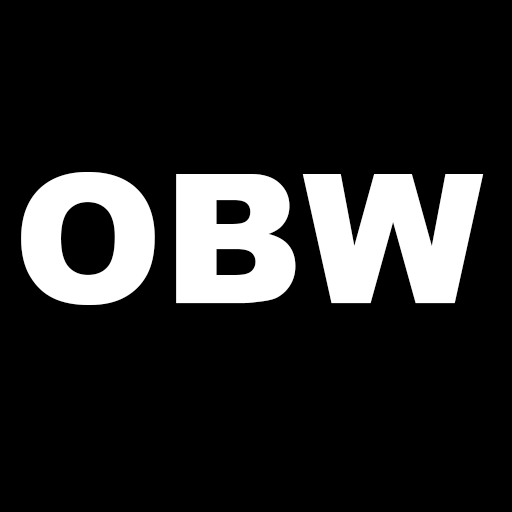 Source
Source
HBR – AI offers many ways to significantly enhance a company’s internal capabilities. It can infer skills from employee profiles and activities, classify and personalize learning content, and summarize, recommend, and augment educational materials. GenAI, specifically, boosts performance for knowledge workers, making tasks 25% faster and 40% better. Research indicates that corporations, teams, and individuals can achieve substantial internal growth and double-digit improvements by adopting GenAI. Exploring various strategies to drive organizational growth using these AI technologies.
By Marc Zao-Sanders| JUL 3, 2024
Read the original article at Harvard Business Review
